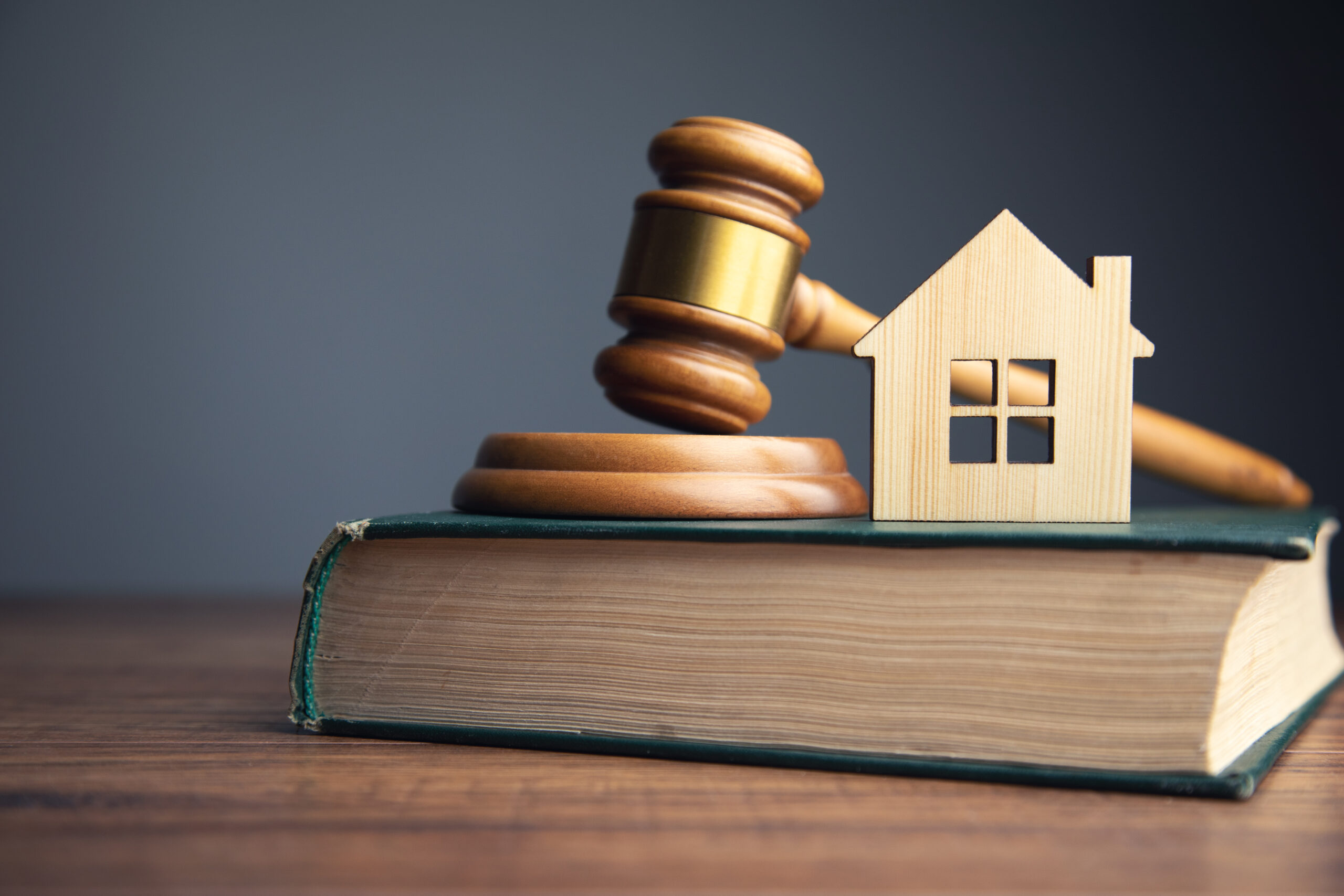
Signing a commercial real estate lease is a significant commitment that can have long-lasting implications for your business. The fine print of a lease agreement can contain complex legal jargon and terms that may be difficult to decipher. This is why it is crucial to have a commercial real estate lease lawyer on your side to help you navigate through the complexities of the lease agreement and ensure that your rights and interests are protected.
Why You Need a Commercial Real Estate Lease Lawyer
Here are some reasons why having a commercial real estate lease lawyer is essential:
Legal Expertise
- Commercial real estate lease agreements are legally binding documents that can have significant legal consequences if not understood properly.
- A commercial real estate lease lawyer has the necessary legal expertise and knowledge to review and interpret the terms of the lease agreement.
- They can help you understand your rights and obligations under the lease and ensure that the terms are fair and favorable to you.
Negotiation Skills
- A commercial real estate lease lawyer can assist you in negotiating the terms of the lease agreement with the landlord.
- They can help you secure favorable terms and conditions that protect your interests and align with your business goals.
- They can also identify any clauses or provisions that may be unfavorable to you and negotiate to have them revised or removed.
Risk Mitigation
- By having a commercial real estate lease lawyer review the lease agreement, you can mitigate the risk of potential legal disputes or liabilities in the future.
- They can identify any potential issues or pitfalls in the lease agreement and advise you on how to address them effectively.
- In the event of a dispute with the landlord, having a lawyer on your side can help protect your rights and interests and ensure a favorable resolution.
Key Considerations in a Commercial Real Estate Lease
Rent and Additional Costs
- Understanding the total cost of the lease, including rent and any additional costs such as property taxes, utilities, maintenance fees, and insurance.
- Negotiating a fair rent amount based on market rates and ensuring that there are no hidden fees or unexpected expenses.
Lease Term and Renewal Options
- Determining the length of the lease term that best suits your business needs and negotiating renewal options for future flexibility.
- Understanding the implications of a long-term lease versus a short-term lease and how it can impact your business operations and growth.
Use Restrictions and Alterations
- Reviewing any use restrictions in the lease agreement to ensure that your business activities are permitted on the premises.
- Understanding the landlord's policies on alterations to the property and obtaining approval for any renovations or modifications.
Conclusion
Signing a commercial real estate lease without fully understanding the terms and implications can expose your business to unnecessary risks and liabilities. By working with a commercial real estate lease lawyer, you can ensure that your rights are protected, and your interests are represented in the lease agreement. Their legal expertise, negotiation skills, and ability to mitigate risks can make a significant difference in securing a lease that is favorable to you and your business.
